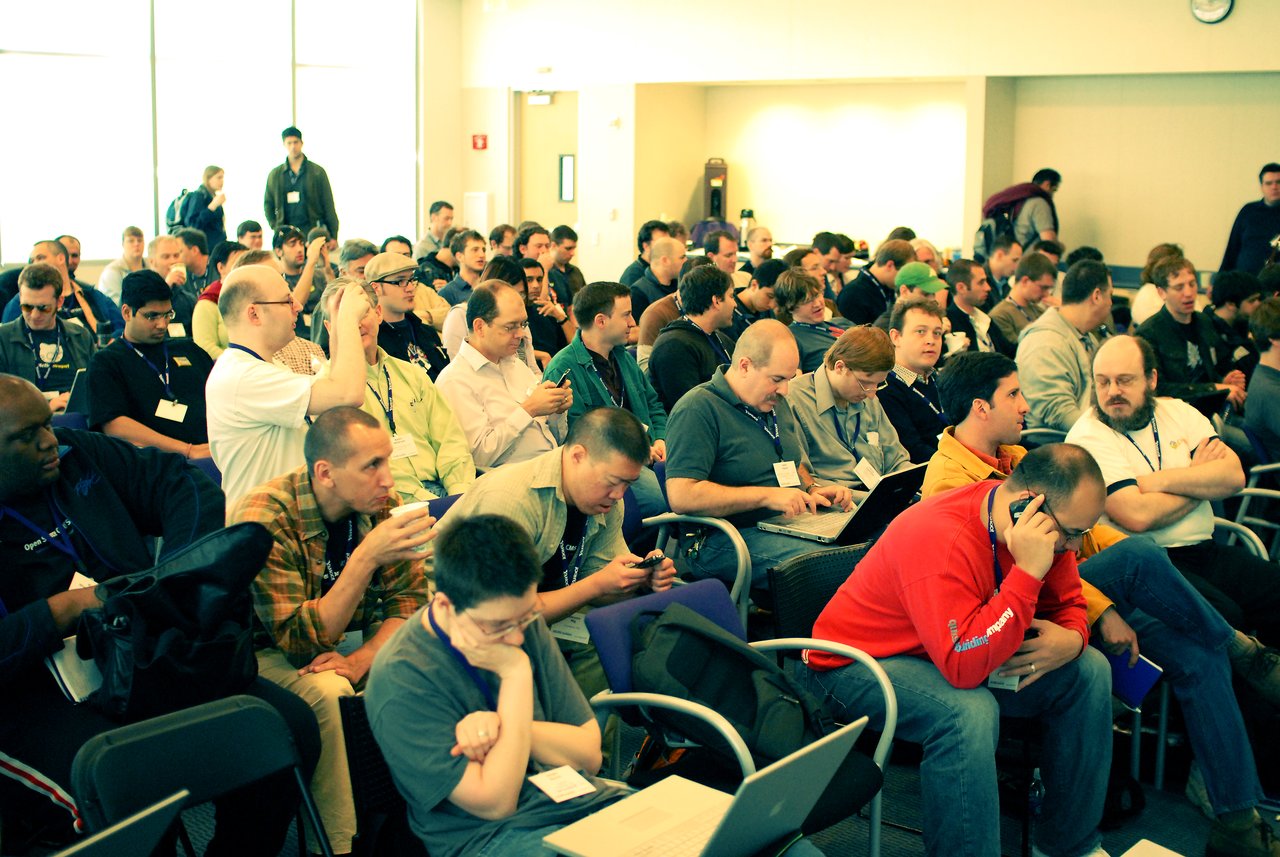 Formation of Alliance by Open-Source CMS Leaders Inspired by EU Regulatory Success
Formation of Alliance by Open-Source CMS Leaders Inspired by EU Regulatory Success
The regulatory landscape for technology is rapidly changing, with governments around the world increasing their oversight and introducing new legislation. In Europe, two landmark pieces of legislation, the Digital Markets Act (DMA) and the proposed Cyber Resilience Act (CRA), have caught the attention of the open-source community, particularly the WordPress community.
Concerned about the potential risks to open-source projects, the leaders of WordPress, Drupal, Joomla, and TYPO3 came together to form the Inter-CMS Working Group. Their goal was to bring about significant change to the wording proposed in the CRA. After months of dialogue and negotiation, the EU parliament released an updated draft of the legislation that addressed many of the concerns raised by open-source communities.
This successful collaboration led to the establishment of the Open Web Alliance, a collective effort by the four open-source communities. The Alliance aims to promote and defend the rights of open-source projects and create a better web. It emphasizes the use of open-source software, sharing best practices, and supporting third-party open-source projects. While not a legal entity, the Alliance signifies a structured approach to ensuring open-source software remains a vibrant part of the digital landscape.
The Open Web Alliance’s charter reflects a commitment to openness, trust, and quality. It offers a platform for open-source CMS projects to collaborate more effectively and navigate regulatory challenges. This formalized alliance highlights the WordPress community’s role in shaping a future where open-source principles are acknowledged and protected in the global digital policy arena.
For WordPress businesses, the regulatory landscape is evolving. While the amendments to the CRA provide temporary relief, ongoing regulatory challenges are expected. The Open Web Alliance’s efforts to advocate for open-source principles become crucial in ensuring the willingness of enterprises and government entities to adopt open-source software.
The dynamics between government entities, enterprises, and open-source vendors are likely to change as well. Failure to leverage open-source software due to regulatory or compliance concerns could limit innovation and flexibility. Supporting initiatives like the Open Web Alliance is essential for the WordPress ecosystem to ensure open-source software remains a viable option for all users.
The WordPress community should focus on education, advocacy, and the development of compliance tools to address potential reservations from enterprises and governments. This proactive stance not only defends the community’s interests but also promotes the advantages of open-source software in fostering innovation, security, and a more inclusive digital future.
The establishment of the Open Web Alliance marks a significant milestone in the open-source community’s advocacy and collaboration efforts. It demonstrates the power of unified action and highlights the importance of navigating regulatory challenges to protect open-source principles. The future of the Alliance remains promising, as it aims to shape a regulatory landscape that recognizes and supports open-source development.
